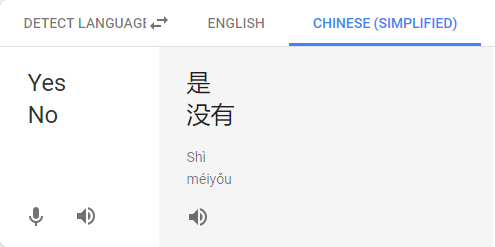Understanding Chinese Currency
If you’ve heard about Chinese currency at all, you might have also heard it called several different names. That’s not surprising as we do the same with our money. While I might talk about the dollar (Australian, US, or other), and I might say “that’s 10 dollars”, I’m more likely to say “that’s ten bucks”. The same happens with Chinese currency, with the added complication that it has both Chinese names, and names that are used when referring to it in English.
2019-06-07

